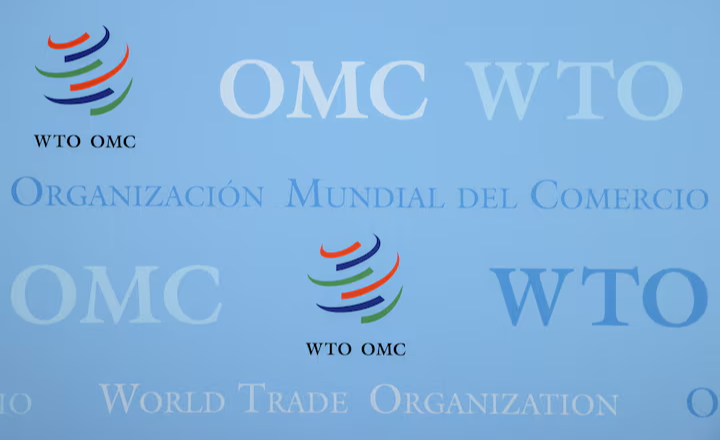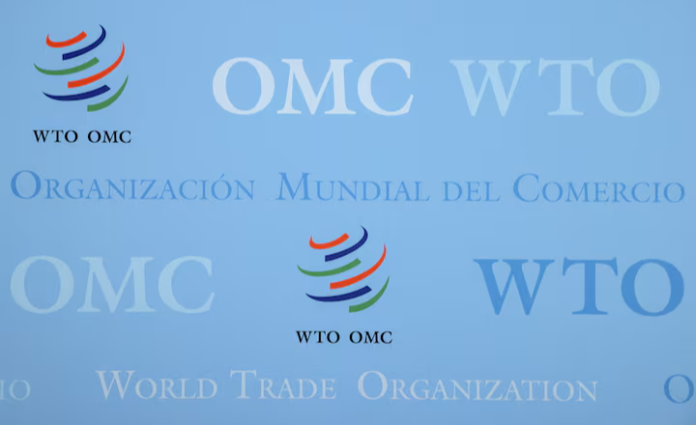The European Commission has taken a bold step by filing a formal complaint against China at the World Trade Organization (WTO) over what it describes as “unfair and illegal” practices involving high-tech patent royalties.
This move underscores mounting tensions between the EU and China in the high-tech sector, particularly in the telecom industry.
What Is the Dispute About?
At the heart of the issue is China’s practice of allowing its courts to set global royalty rates for standard essential patents (SEPs) owned by European companies. SEPs are crucial patents that enable technologies to meet industry standards, such as 5G in mobile phones.
The European Commission argues that this system forces innovative European firms to accept reduced royalty rates, effectively giving Chinese manufacturers unfairly cheap access to cutting-edge European technology.
Prominent European companies like Nokia and Ericsson, key holders of SEPs, are among those impacted by these practices. The Commission claims this puts undue pressure on these firms and undermines fair competition in the global market.
China’s Response
In response, China’s Ministry of Commerce expressed regret over the EU’s decision and stated that it would address the matter according to WTO rules while protecting its legitimate rights.
The Next Steps in the Dispute
The EU has initiated consultations with China as the first step in the WTO’s dispute resolution process. If both parties fail to reach an agreement within 60 days, the EU can request the formation of an adjudicating panel to settle the matter. Panel proceedings typically take about 12 months to conclude.
This complaint is linked to an earlier case the EU filed against China in 2022. That case challenges China’s use of anti-suit injunctions, which prevent European companies from enforcing their intellectual property (IP) rights outside of Chinese courts.

Companies face severe fines if they attempt to bypass these injunctions. A final report on the 2022 case is expected in the first quarter of this year.
Why This Matters
This case is not just about patents—it’s about fair competition, innovation, and global trade dynamics. The outcome of this dispute could have significant implications for the high-tech industry and intellectual property rights worldwide.
By standing firm, the EU aims to protect its high-tech innovators and ensure that global trade rules are applied fairly across all markets. The stakes are high, and the coming months will reveal how this critical issue unfolds.



